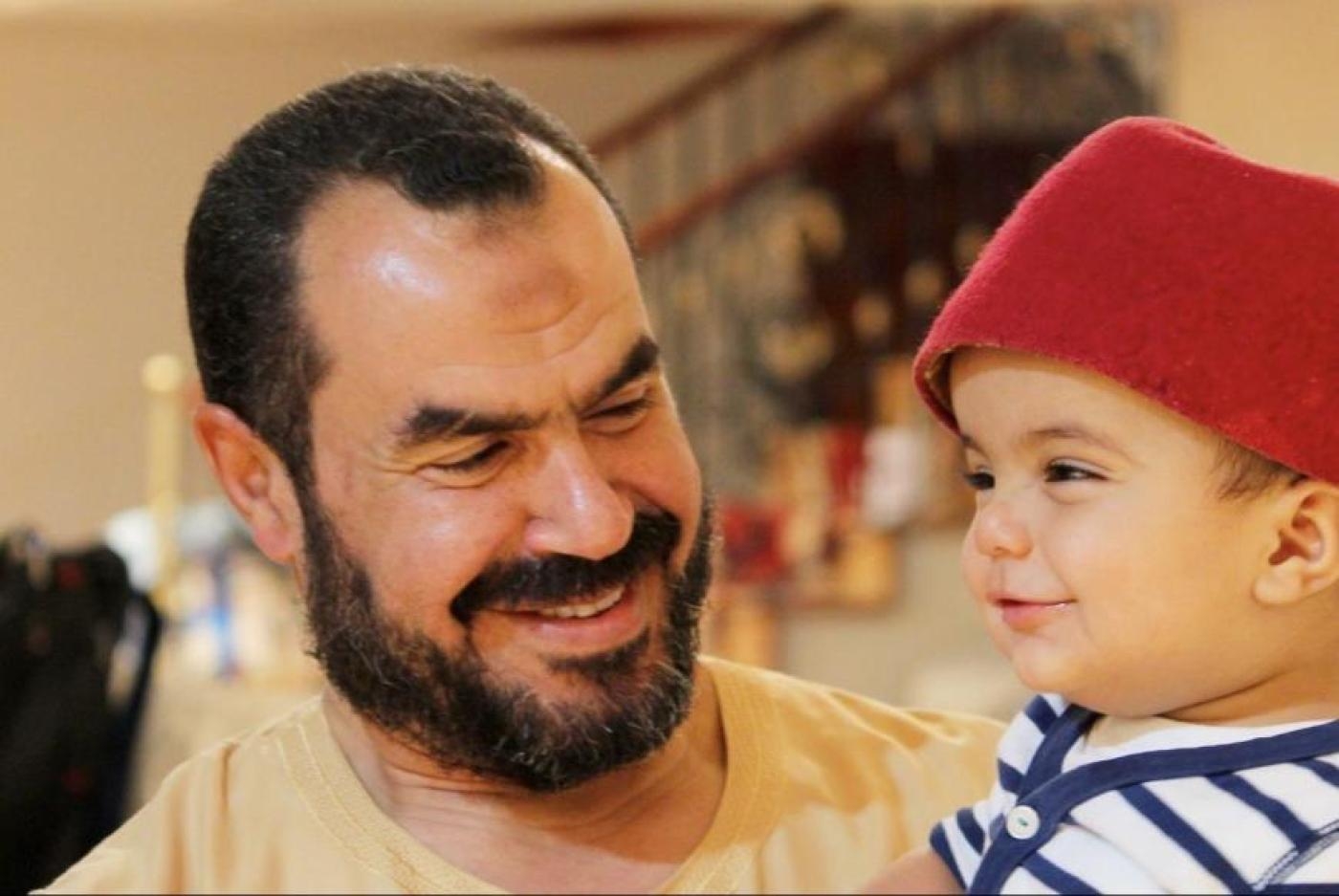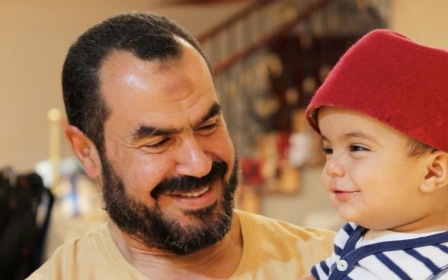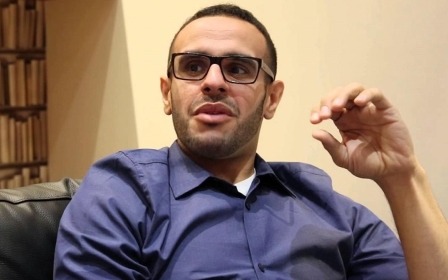Egypt's treatment of jailed detainee 'may amount to torture', rights groups say

Fifty-one human rights groups have called on Egyptian authorities to immediately release Salah Soltan, the arbitrarily detained father of a prominent US human rights defender.
Salah, a legal permanent resident in the US, was forcibly disappeared in June 2020, just days after his son Mohamed Soltan filed a lawsuit against the Egyptian state for torture and other crimes committed against him years earlier.
He is currently serving a life sentence at Badr 1 prison, east of Cairo, following a mass trial that was marred by extensive due process and fair trial violations.
“The US should urge Egypt to release Salah Soltan immediately, and to seek urgent treatment for his health conditions,” the groups, which include the Project on Middle East Democracy (Pomed) and Human Rights Watch said in a letter on Wednesday.
In addition to calling for his release, they raised concerns about the fate of Salah’s health, citing a letter leaked on 20 March 2023, in which Salah said that authorities at Badr 1 prison had deprived him of adequate health care even though he suffers from life-threatening heart and liver diseases.
New MEE newsletter: Jerusalem Dispatch
Sign up to get the latest insights and analysis on Israel-Palestine, alongside Turkey Unpacked and other MEE newsletters
During a recent prison visit, the family said Salah was carried into a room by two guards, as he was not able to carry his own weight.
According to several unnamed sources cited by the groups, including former detainees, in a separate incident Salah collapsed in his cell and was immobile during the first half of January 2023.
Inmates recalled screaming for help for approximately seven hours, with no response from Egyptian authorities. Eventually, prison officials arrived at Salah’s cell but denied him health care, refusing to move him to a prison hospital or provide him with medication.
“The deliberate denial of health care may amount to torture,” Human Rights Watch said.
Salah's wife, Asmaa Elnaagar, previously told the rights group that he needed a glucose monitor, neck and back braces, and a blood pressure machine. He suffers from diabetes, high blood pressure and hepatitis C.
“On top of railroading him in an unfair trial, Egyptian authorities are deliberately abusing Salah Soltan’s rights by failing to provide him with health care,” Adam Coogle, deputy Middle East and North Africa director at Human Rights Watch, said.
“The authorities should at minimum transfer him to a qualified medical facility where independent health professionals can treat him without hindrance,” he added.
The groups said Salah appeared to be targeted in retaliation for his son's actions against the Egyptian government. Mohamed Soltan, who spent 643 days in prison in Egypt after being arrested in July 2013, filed a lawsuit against former Egyptian Prime Minister Hazem el-Beblawi in a US court last year.
Mohamed accused the former prime minister of direct responsibility for his treatment, which included being shot, beaten and tortured.
He sued Beblawi under the Torture Victim Protection Act (TVTP), a 1991 US law that allows victims of torture to sue for compensation from their tormenters if the accused are in the US and no longer head of state.
In September, a US judge - citing a filing by the Biden administration that upheld Beblawi's diplomatic immunity - dismissed the lawsuit.
The US provides Egypt with $1.3bn in military aid annually, the second-highest amount of any country after Israel. President Biden has faced pressure within some quarters of Congress to push back on Egypt’s human rights record.
The administration withheld $130m in military assistance to Egypt, but the decision was criticised by some members of the president’s own party for not going far enough.
As a presidential candidate, Biden had pledged “no more blank cheques” to President Abdel Fattah el-Sisi’s government. He specifically condemned Egypt’s exile of Mohamed Soltan and the threats to his family as “unacceptable”.
Middle East Eye delivers independent and unrivalled coverage and analysis of the Middle East, North Africa and beyond. To learn more about republishing this content and the associated fees, please fill out this form. More about MEE can be found here.




